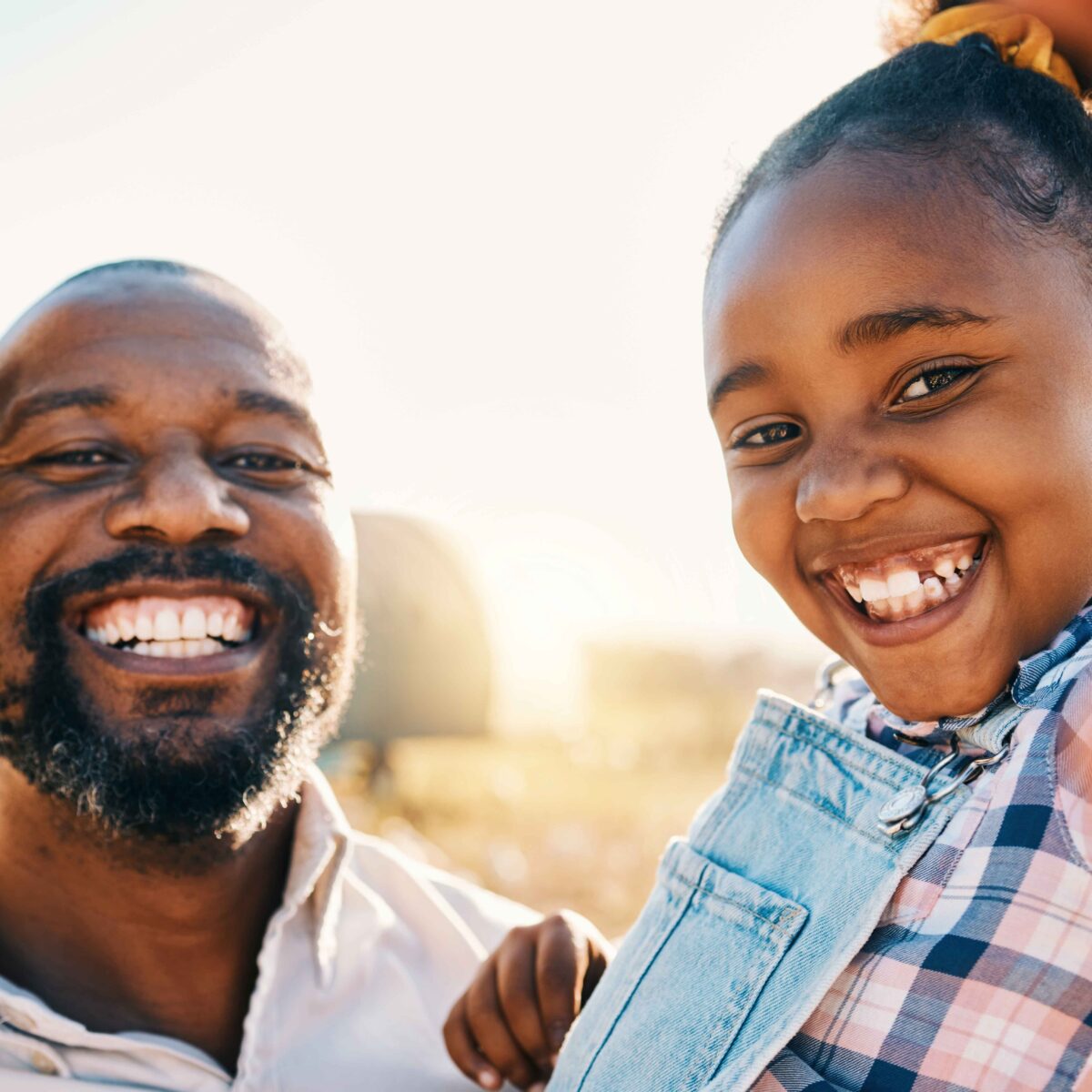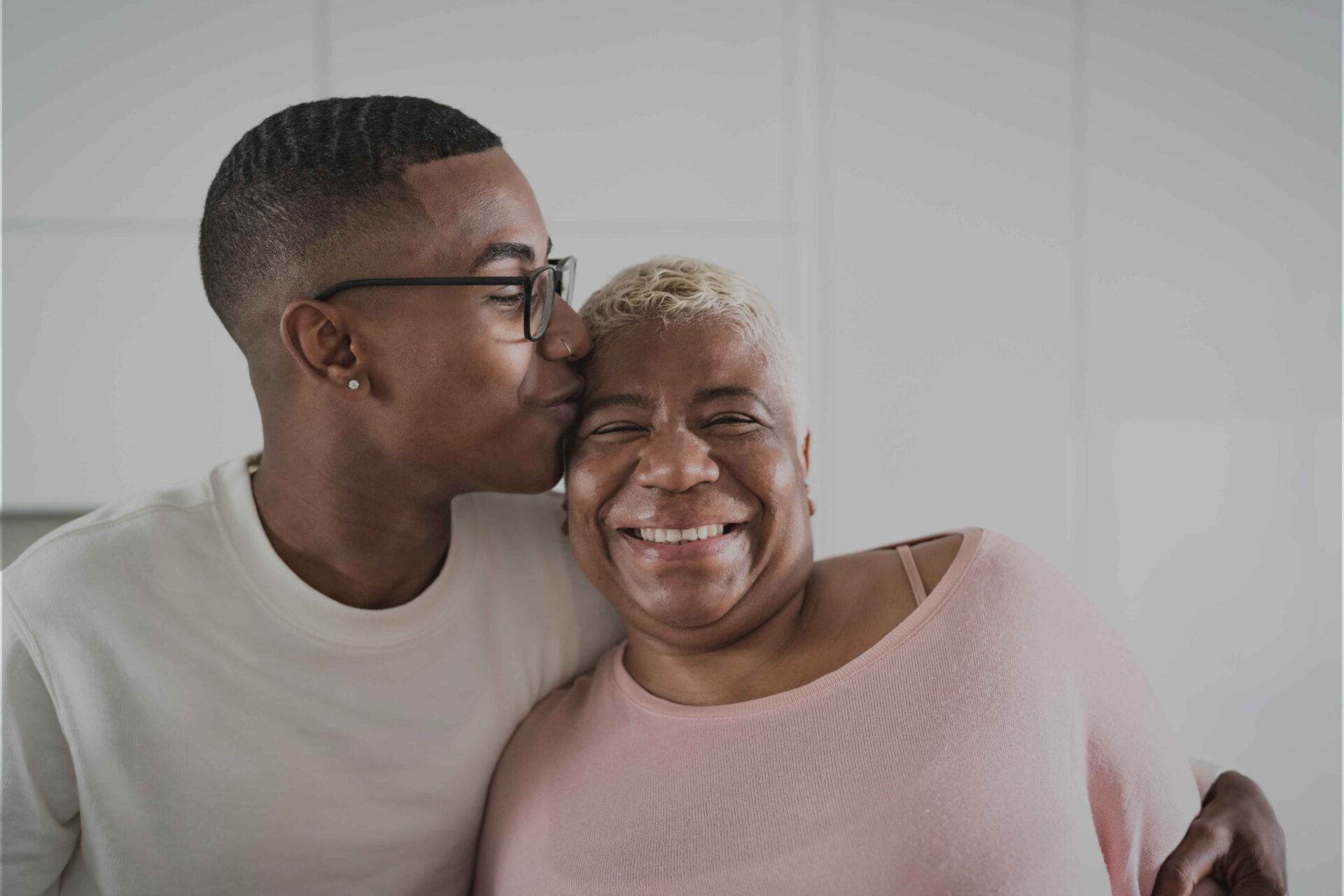Recruiting Black/African American Foster Parents
Black/African American children are overrepresented in the child welfare system. In our region, 70% of youth in foster care are Black/African American; compared to 35% of the general population.
However, historically, only 13% of non-relative foster parents are Black/African American. Engaging and supporting Black/African American communities in the training and retention of foster parents is vital for creating a more equitable child welfare program.
How We RESPOND
Black/African American individuals have often been discouraged from pursuing foster parent licensing due to the lack of support and understanding they feel that they receive from social service workers. RESPOND is the opposite—we will be with you every step of the way.
During the ten weeks, your assigned RESPOND Family Development Specialist will come to your home three times to continue the home study process. Once the home study is complete, you will have obtained the credentials to apply to become a licensed foster parent. When your first placement occurs, your RESPOND Family Development Specialist will support at the time of your first placement and for the subsequent two years. RESPOND encourages Black/African American individuals to pursue foster parent licensing.
Learn More about RESPOND
Missed our last informational Zoom session? Click here to view our recording.

What Makes it Unique?
RESPOND was a St. Louis-based agency in the 1990s. Founded by Black/African American foster and adoptive parents, they made an enormous difference elevating the number of Black/African American foster and adoptive families. In 2022, we asked the original RESPOND founders if they would allow us to re-launch RESPOND as a program of the Coalition. We are honored to have their approval.
Who is Eligible?
An adult (21+) who:
Measuring Impact
Successfully licensed families (with another 60 in process)
Of children placed in licensed family homes
Children matched with an adoptive or guardianship home
